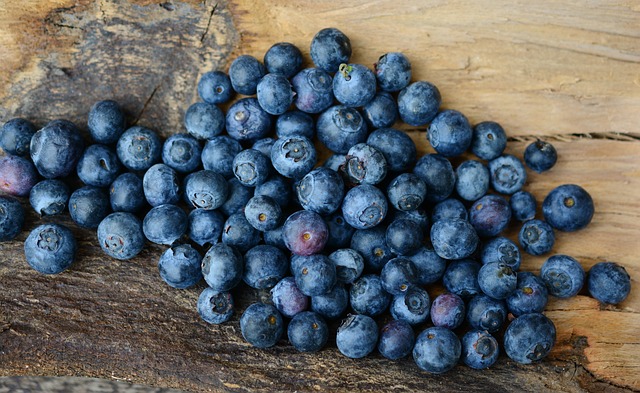Probiotics Demystified: The Ins and Outs of Beneficial Bacteria
Probiotics have gained considerable attention in recent years for their potential health benefits. These living microorganisms, often referred to as “friendly” or “beneficial” bacteria, can be found in various foods and supplements. Let’s explore the world of probiotics and understand their role in promoting good health.
What are Probiotics?
Probiotics are living microorganisms that, when consumed in adequate amounts, confer health benefits to the host. They primarily comprise bacteria, but some strains of yeast can also exhibit probiotic properties. While bacteria are typically associated with illness, certain types of bacteria can actually have positive effects on our well-being.
These beneficial bacteria are naturally present in our bodies, particularly within our digestive system. However, various factors like poor diet, stress, illness, or the use of antibiotics can disrupt the balance of our gut microbiota. This imbalance can lead to various digestive issues and may compromise our overall health.
The Benefits of Probiotics
Probiotics offer a wide range of health benefits, including:
- Improved Digestive Health: Probiotics help maintain a healthy balance of gut bacteria, which is essential for proper digestion and nutrient absorption.
- Boosted Immune System: These beneficial bacteria support the body’s natural defense mechanisms and help prevent harmful bacteria from flourishing.
- Reduced Inflammation: Some studies suggest that certain probiotic strains can help decrease inflammation in the body, thereby potentially reducing the risk of chronic diseases.
- Mental Well-being: Emerging research indicates a connection between the gut and the brain, with probiotics potentially playing a role in improving mental health and reducing anxiety and depression symptoms.
- Lowered Cholesterol Levels: Certain probiotics have been shown to help reduce LDL (bad) cholesterol levels, contributing to better heart health.
Sources of Probiotics
Probiotics can be obtained from various dietary sources. Some common food sources rich in probiotics include:
- Yogurt: One of the most popular probiotic-rich foods, yogurt contains live and active cultures of bacteria.
- Kefir: Similar to yogurt, kefir is a fermented milk drink that is rich in probiotics.
- Sauerkraut: Fermented cabbage is an excellent source of probiotics as it undergoes a natural fermentation process.
- Kimchi: A traditional Korean dish made from fermented vegetables, including cabbage and radishes, which provides probiotic benefits.
- Miso: A traditional Japanese seasoning made from soybeans, rice, or barley, fermented with a fungus called koji, which contains live probiotics.
In addition to food sources, probiotics are available in the form of dietary supplements. These supplements come in various types, including capsules, tablets, powders, and liquids. It’s important to choose reputable brands and follow the recommended dosage.
Choosing the Right Probiotic
Not all probiotics are created equal, and different strains may offer different benefits. When selecting a probiotic supplement, consider the following factors:
- Strain Diversity: Look for a supplement that contains multiple strains of bacteria, as different strains have unique effects on the body.
- Number of Colony-Forming Units (CFUs): CFUs indicate the amount of live bacteria present in each dose. Opt for a supplement with sufficient CFUs, typically ranging from 1 to 10 billion.
- Expiration Date: Check the expiration date to ensure the viability of the bacteria at the time of consumption.
- Additional Ingredients: Be aware of any potential allergens







